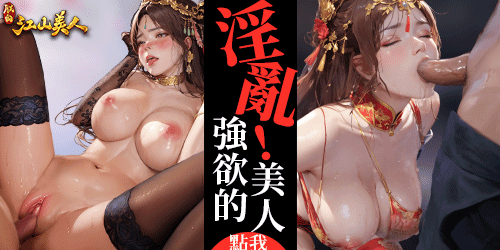I Tested the SLICKEST Pickup Lines on Japanese Girls [JP Subs]
Important vocab in this video (EN):
女子 (じょし | Joshi) – Woman; female; girl. Frequently used to refer to women or girls in the context of their reactions to compliments or pickup lines, especially regarding feelings about being called "cute."
狙う (ねらう | Nerau) – To aim at; to target; to set one’s sights on. Used to describe pickup lines that feel overly calculated or intentional, sometimes causing discomfort when compliments seem too targeted.
自己肯定感 (じここうていかん | Jiko kōteikan) – Sense of self-affirmation; self-esteem; feeling of self-worth. Highlighted as a positive outcome of receiving simple compliments like "you’re cute," which can boost confidence.
犯罪者 (はんざいしゃ | Hanzaisha) – Criminal; offender; lawbreaker. Appears in a pickup line comparing beauty to a crime, often criticized for its negative connotation.
影 (かげ | Kage) – Shadow; shade; silhouette; influence; trace. Used in a poetic but overly elaborate pickup line, largely rejected for being too abstract.
気障 (きざ | Kiza) – Affected; pretentious; showy. A recurring critique of overly dramatic or rehearsed pickup lines, which many women found unappealing.
ありがち (ありがち | Arigachi) – Common; typical; usual. Describes pickup lines that feel clichéd or overused, reducing their effectiveness.
舐める (なめる | Nameru) – To lick; to taste; to underestimate; to look down on. Featured in a highly controversial and poorly received pickup line, universally rejected for being inappropriate, with the "lick" meaning being the focus.
真面 (まとも | Matomo) – Directness; decency; uprightness; being proper or sensible. Implied in discussions favoring straightforward, sincere compliments over exaggerated ones.
用意 (ようい | Yōi) – Preparation; readiness; arrangement. Referenced in the context of avoiding pre-prepared or overly crafted pickup lines, which feel unnatural.
Important vocab in this video (JP):
女子 (じょし) – 女性、女の子。女性が褒め言葉や口説き文句に対してどのように反応するか、特に「可愛い」と言われることに関する気持ちを指す際に頻繁に使われる。
狙う (ねらう) – 的を定める、目的をもって行動する。計算されたり意図的すぎる口説き文句を表し、狙いすぎた褒め言葉に不快感を示す場合がある。
自己肯定感 (じここうていかん) – 自分を肯定的に受け入れる感覚。「あなたは可愛い」などのシンプルな褒め言葉が自信を高める効果として強調される。
犯罪者 (はんざいしゃ) – 犯罪を犯した者。美しさを犯罪に例える口説き文句に登場し、否定的なニュアンスから不評だった。
影 (かげ) – 光を遮ってできる暗い部分、隠れた影響。詩的だが抽象的すぎる口説き文句に使われ、ほとんど受け入れられなかった。
気障 (きざ) – わざとらしい態度、気取った様子。過度にドラマチックまたは準備された口説き文句に対する批判として繰り返し登場。
ありがち (ありがち) – よくある、ありふれた様子。使い古された口説き文句が効果を下げるとされる。
舐める (なめる) – 舌で触れる、軽視する。不適切で非常に不評だった口説き文句に登場し、「舌で触れる」の意味が中心。
真面 (まとも) – 正しく、きちんとしていること。真っ直ぐで偏りがない様子。誇張された口説き文句よりも率直で誠実な褒め言葉が好まれる文脈で暗に示される。
用意 (ようい) – 準備すること。事前に準備された不自然な口説き文句を避けるべきとの文脈で言及される。







.gif)
.gif)

.gif)
.gif)
.gif)
_1064.gif)


.gif)
.gif)
.gif)
.gif)

























